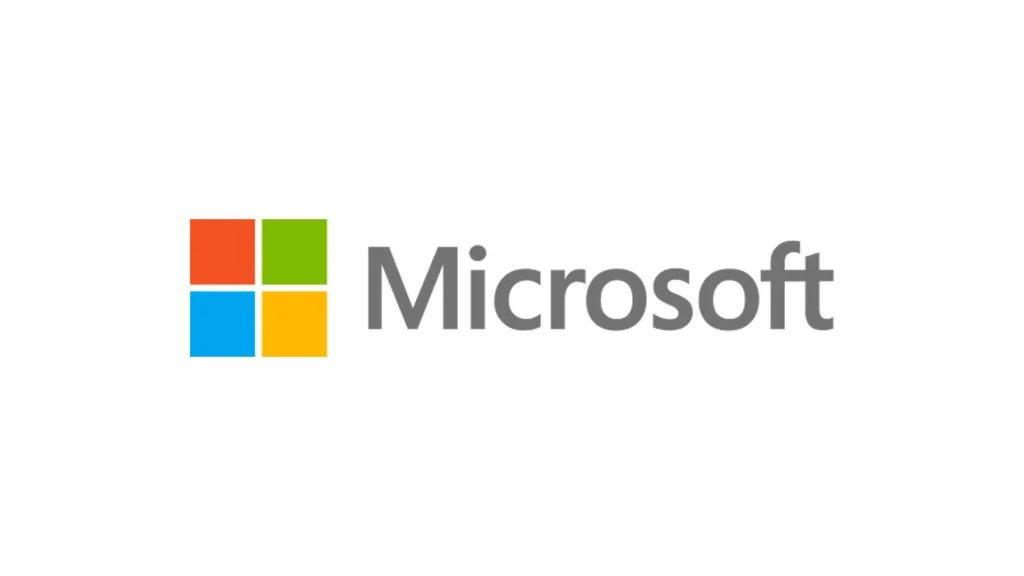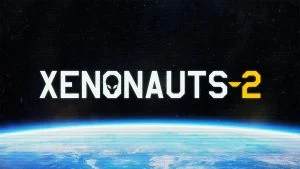The saga of the Microsoft-Activision merger has seemingly come to another milestone as the preliminary injunction by the Federal Trade Commission (FTC) was denied by a judge today. As reported previously, the companies have been on a years-long journey to finalize the acquisition, with the merger being initially denied by the UK regulatory body, the CMA, then later approved in the EU. With the latest ruling, both companies can move forward with finalizing the acquisition in all countries other than the UK.
According to court filings,
After considering the parties’ voluminous pre-and-post hearing writing submissions, and having held a five-day evidentiary hearing, the Court DENIES the motion for preliminary injunction. The FTC has not shown it is likely to succeed on its assertion the combined firm will probably pull Call of Duty from Sony PlayStation, or that its ownership of Activision content will substantially lessen competition in the video game library subscription and cloud gaming markets.
As indicated by the decision to reject the injunction, the main point of contention for most regulators worldwide is the possibility of Microsoft making Call of Duty, one of Activision’s flagship titles, an Xbox or Microsoft exclusive title. However — this, on several occasions, has actually been shown to result in a net loss for the company, which creates a valid logical argument of why any organization would do something against its own financial interests.
Secondarily, and arguably more valid, are the alleged aims of Microsoft’s strategy to dominate the cloud gaming market — an emerging technology that has greater implications for worldwide gaming accessibility, especially as gaming titles require more powerful and expensive hardware to run.
Having powerful publishers and developers like Activision and Blizzard under their umbrella will enable services like Xbox Game Pass to offer an even deeper catalog of games for online cloud gaming. However, it’s still yet to be seen whether cloud gaming will be an actual force, as adoption rates for cloud gaming have been fairly slow thus far, or if Xbox will be able to dominate the industry globally, as they still have stiff competition in with Nvidia’s GeForce Now and Amazon Luna offerings.
We’ll keep you updated on the deal in our news section.





